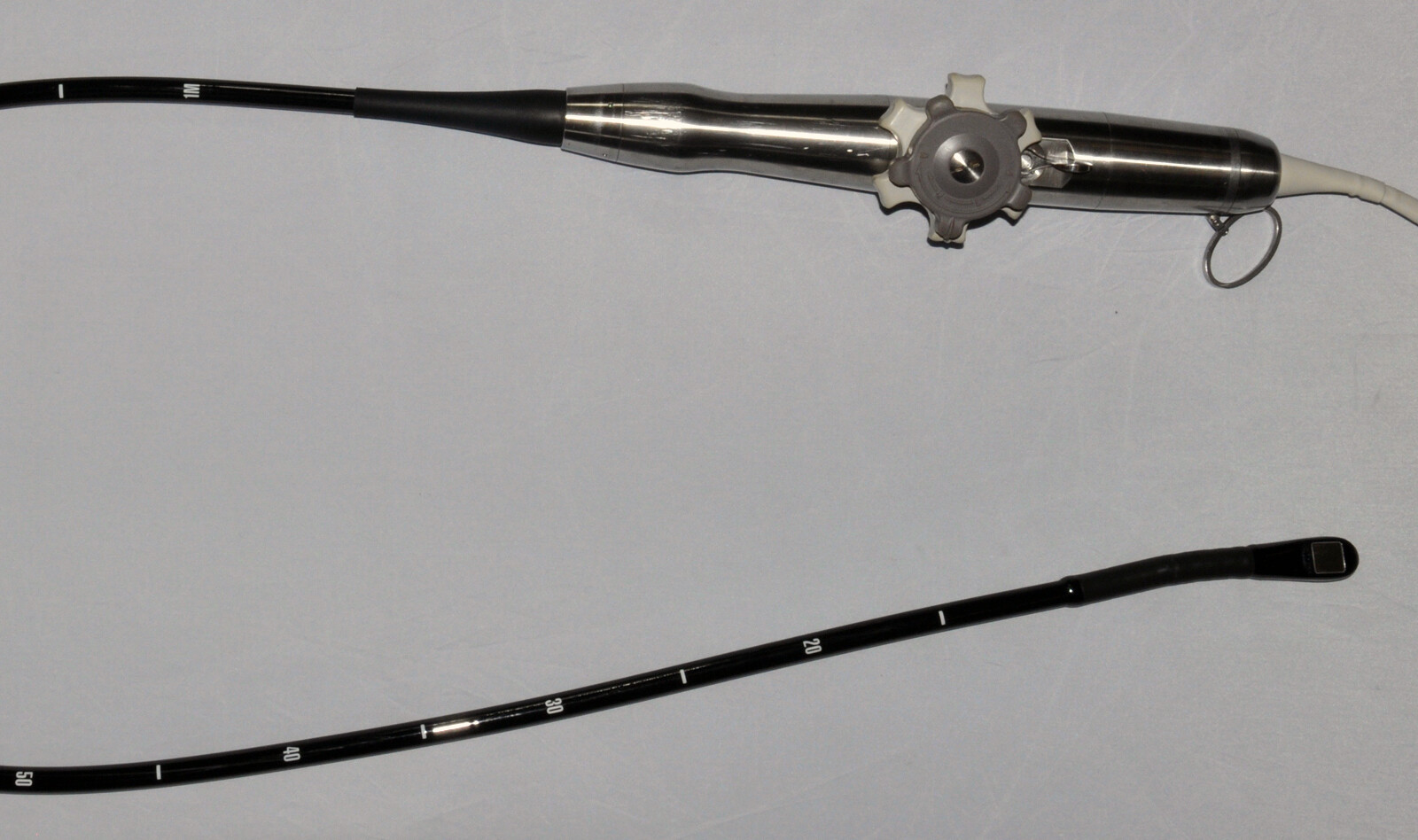CORRESPONDENCE • Transthoracic Utilization of the Transesophageal Echocardiography Probe—A Novel Window to Non-Invasive Hemodynamic Monitoring for the Pediatric Anesthesiologist
Source: Can J Anesth/J Can Anesth (2021) 68:1090–1092
The precordial stethoscope has been the universal standard for continuous cardiorespiratory monitoring during pediatric anesthesia.
This long-standing standard has been replaced with transesophageal echocardiography (TEE), which is preferred whenever advanced hemodynamic monitoring is required for neonates, infants, or children. TEE is limited by complications from probe placement and need for advanced training.
While surface ultrasound (transthoracic echocardiography, or TTE) has gained attention in recent years within anesthesiology, traditional TTE monitoring in the operating room is limited by the acquisition of adequate ultrasound images while access to the patient’s chest is often restricted.
The authors utilized the concept of the low-profile precordial stethoscope for continuous non-invasive cardiovascular monitoring by replacing the stethoscope with a low-profile TEE ultrasound probe applied to the surface of the chest and report our initial pilot tests during pediatric anesthesia.
The authors describe care they provided for three patients (45 weeks postconceptual age, nine months, and four years) who required advanced intraoperative hemodynamic monitoring where they elected to interrogate cardiac function with a TEE probe secured to the chest wall during surgery.
The probe was placed over the left parasternal third or fourth intercostal space and the parasternal long axis and short axis views were obtained by adjusting the transducer angle. The probe was secured with a transparent dressing and was also successfully used during a procedure in the prone position. The shaft was padded along the contact with the skin, and the contact between the probe and the chest was checked manually for pressure every 15 min.
The authors felt that a TEE probe secured in a transthoracic position in children provides echocardiographic assessment of intraoperative circulatory volume, fluid responsiveness, left and right ventricular function, and basic valvular integrity.
 Español
Español
 English
English 
